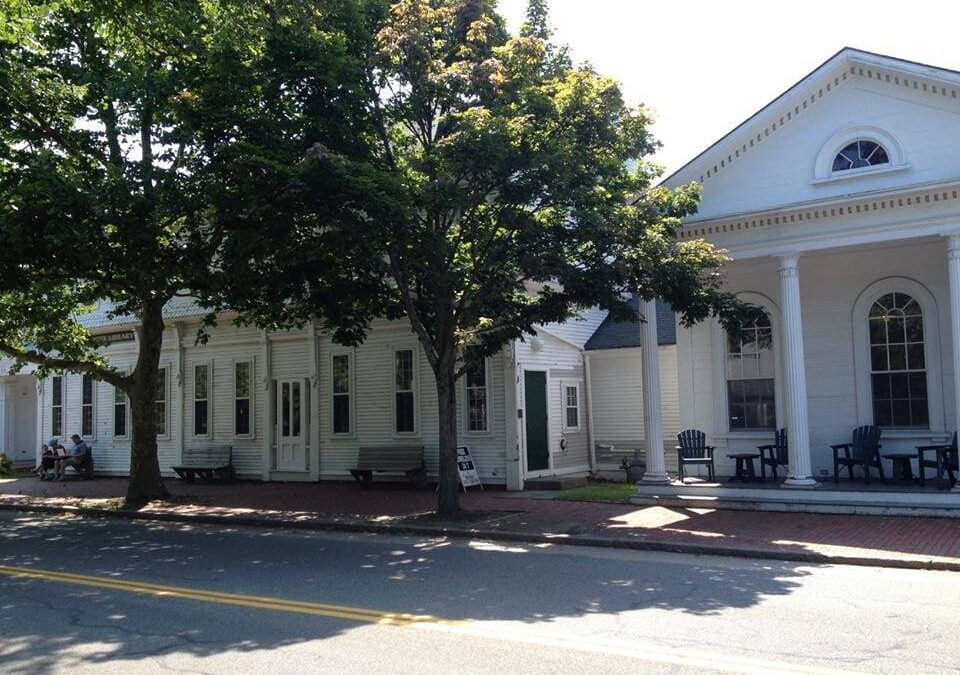Access is vital
Today we would like to tell you a bit about a library on Cape Cod that has made a difference in the lives of the visually impaired. Over the past two decades, the Brooks Free Library in Harwich has launched an impressive accessibility program for blind and low vision patrons. Known as VITAL (Vision Impaired Technology Assistance at the Library), the program offers technology instruction, audiobook downloading assistance, and access to low vision equipment and software for reading, writing and research. The program operates with the help of a team of volunteers who receive training from the library in assisting patrons with vision loss.
Technology equals access
The VITAL Program started in 2003 thanks to donations from a number of businesses and individuals. Continued funding from the Friends of the Brooks Free Library ensures program sustainability. VITAL offers a range of choices to suit different needs, and volunteers work one-to-one with patrons to help them find the right tools. Some of the library’s resources include:
- Software, such as screen magnifiers, audio screenreaders, and Braille translation software
- Braille printer
- Standalone video magnifying machines
- Portable video magnifiers that can be checked out to take home, just like a library book
- Standalone text-to-speech equipment which does not require a computer
- Simplified computer menus
The library also helps connect patrons with other services for accessing print in alternative formats, such as the online audiobook database Bookshare.org, and the Perkins Braille and Talking Book Library.
According to program coordinator Carla Burke,
“The purpose of this program is to help patrons who have a vision loss or a different type of disability access printed material, whether it be a book, magazine, or a newspaper or the like. It’s using technology to access the printed word. We want people to be able to read and write independently.”
Learn more about the Brooks Free Library
We applaud Carla and the VITAL team for making it possible for blind and low vision patrons to enjoy the wealth of materials the Brooks Free Library has to offer. If you are interested in learning more, please visit their website at https://www.brooksfreelibrary.org/services/library-services-for-people-with-disabilities/.
Author Information
By AdaptiVision staff. Reviewed by Stuart Flom.













